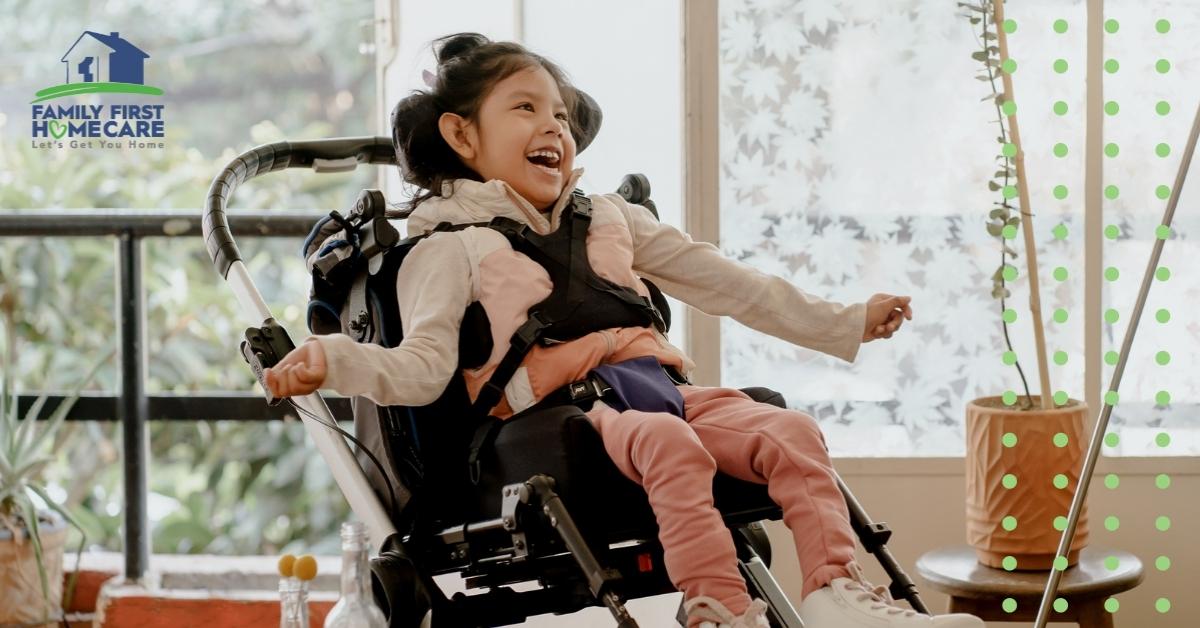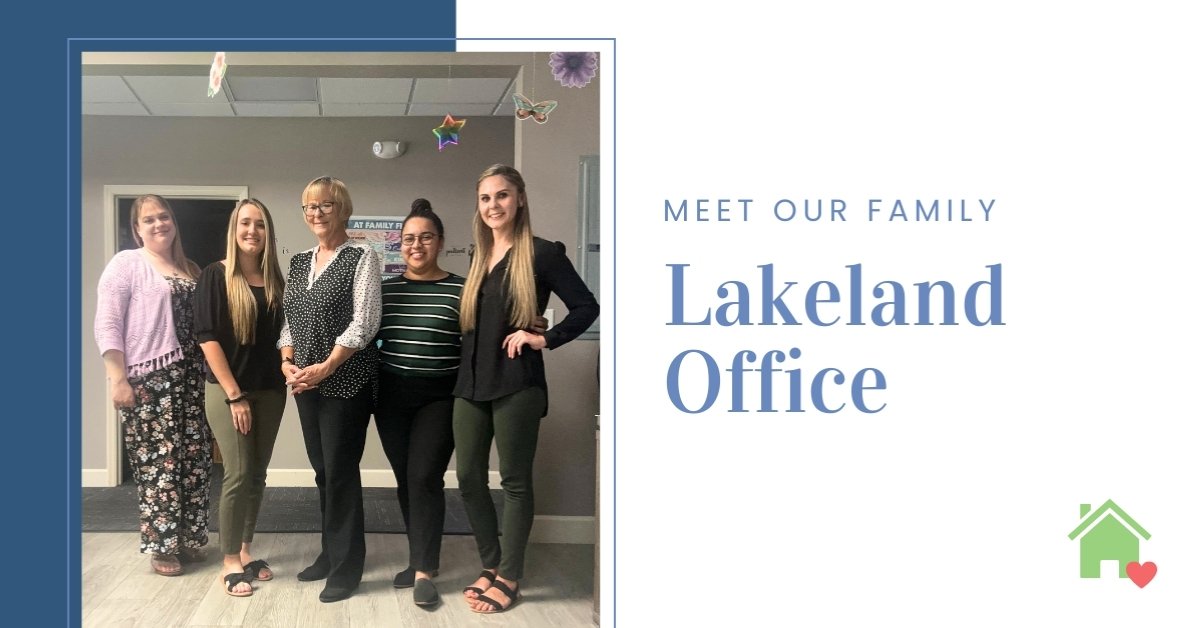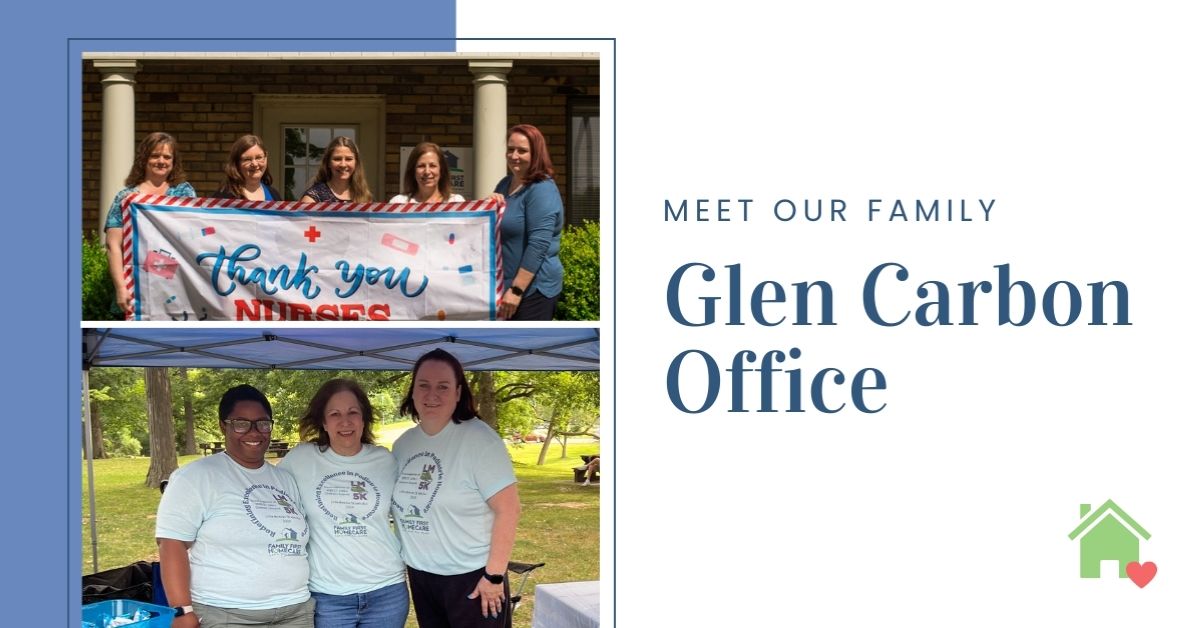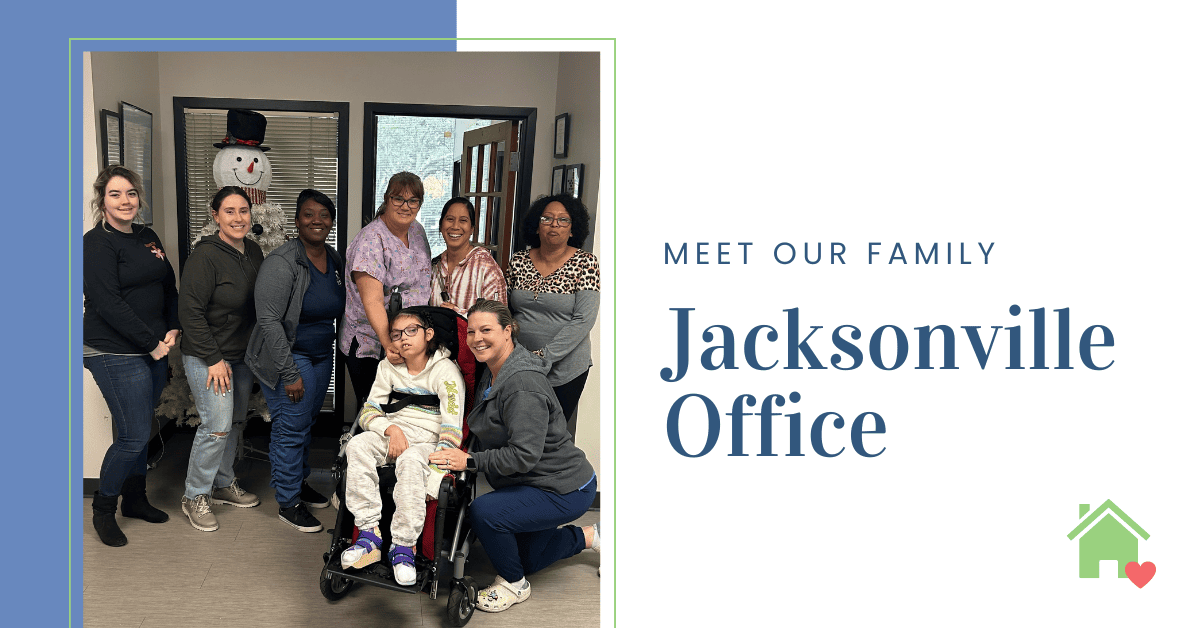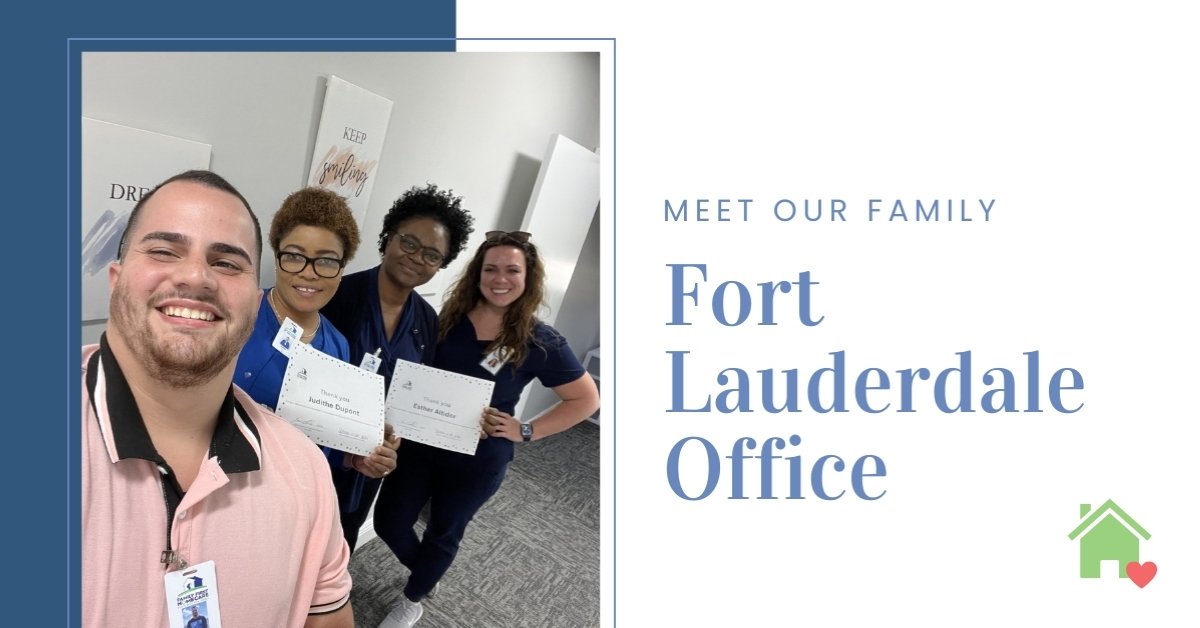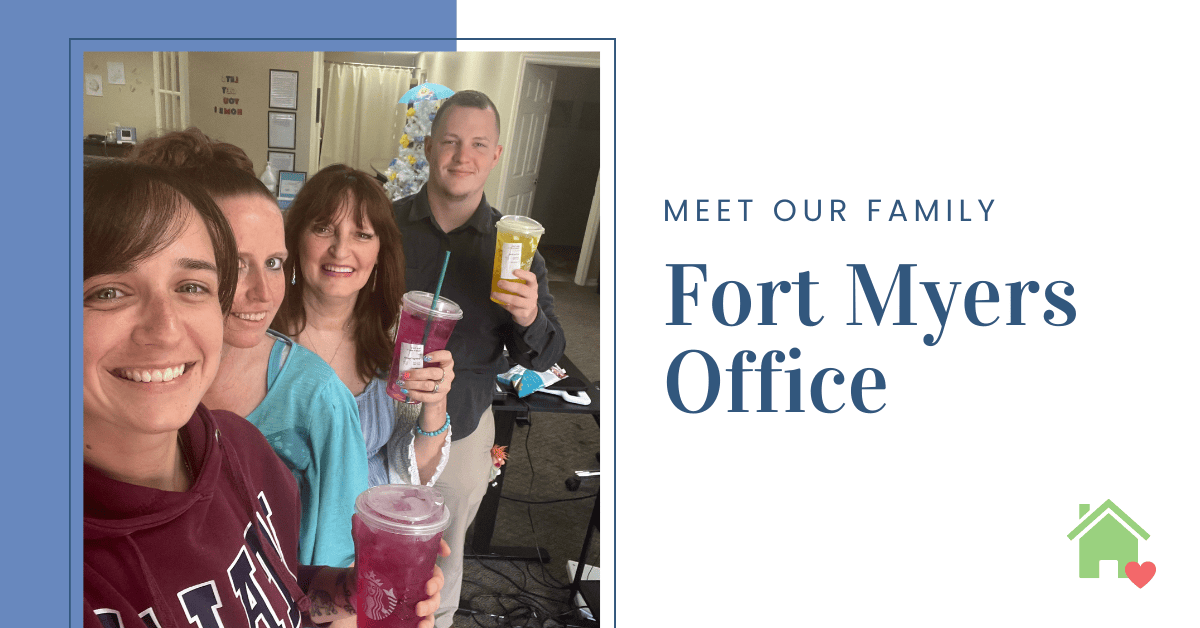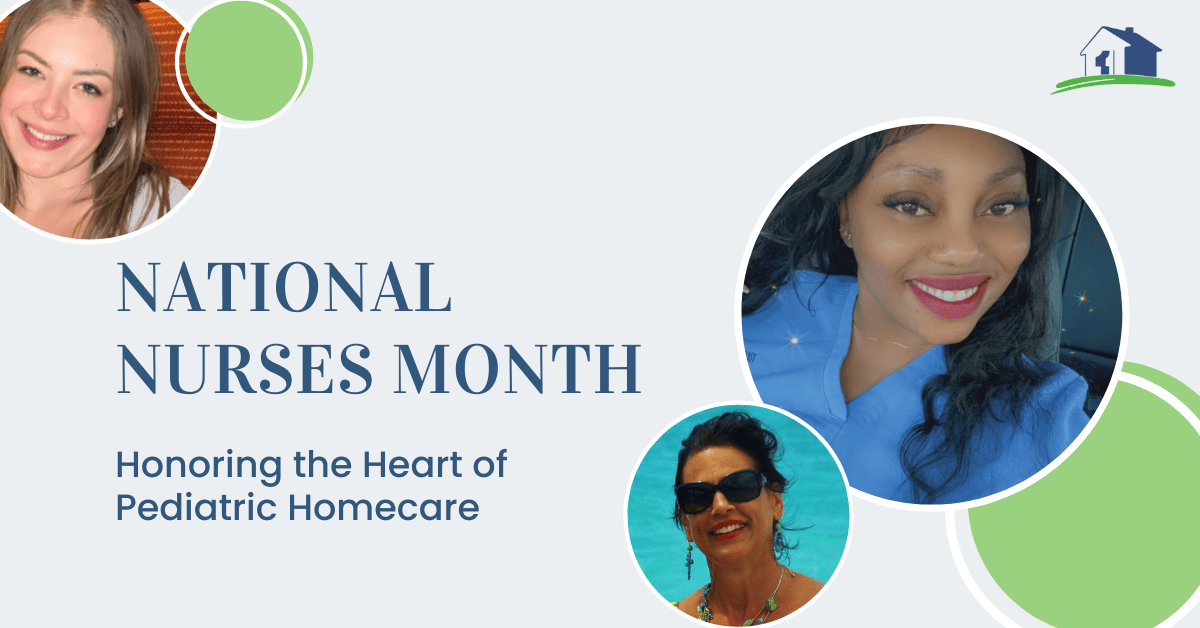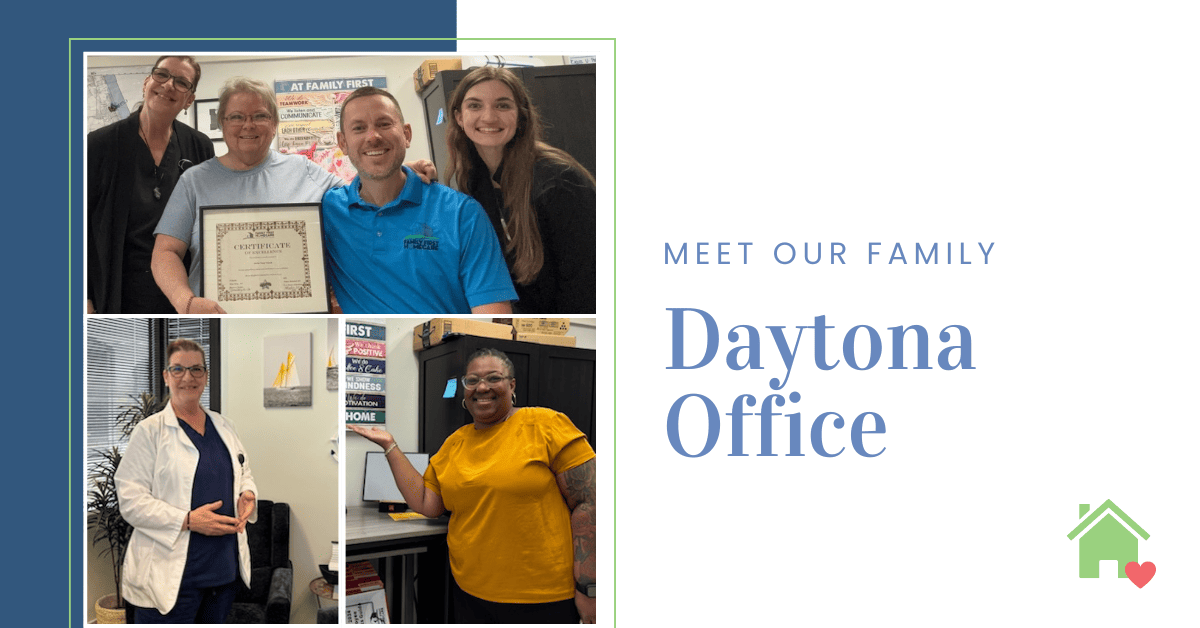Pediatric Homecare Nurses Empowering Young Lives
Pediatric homecare nurses play a crucial role in supporting the independence and well-being of young patients, giving them the opportunity to live fulfilling lives within the comfort of their own homes. These dedicated professionals provide personalized care that extends beyond medical treatment, fostering a nurturing environment where children can thrive. Enhancing Independence through Personalized Care … Read more

